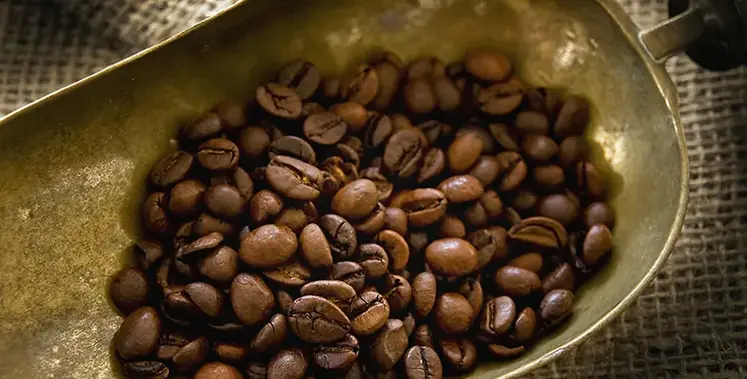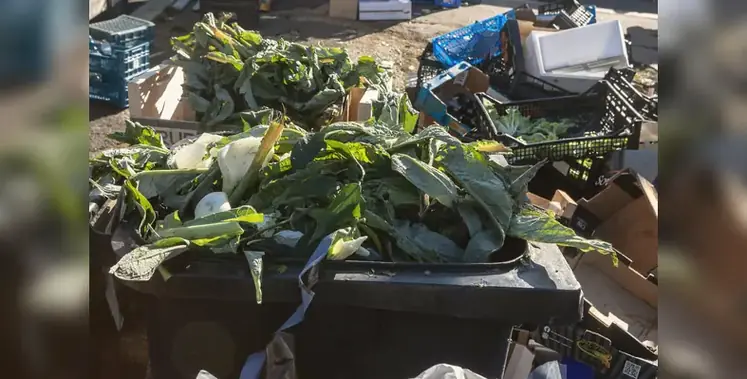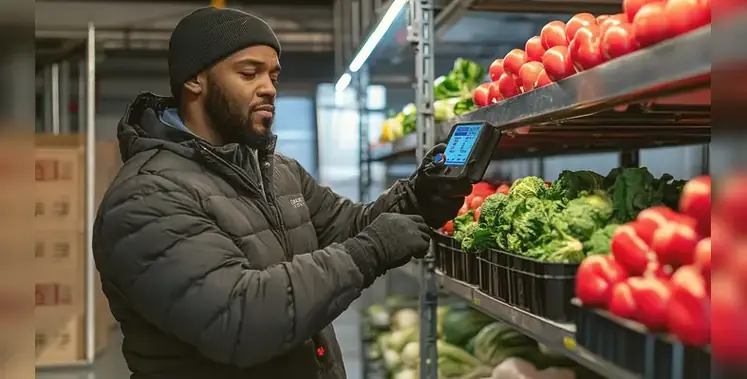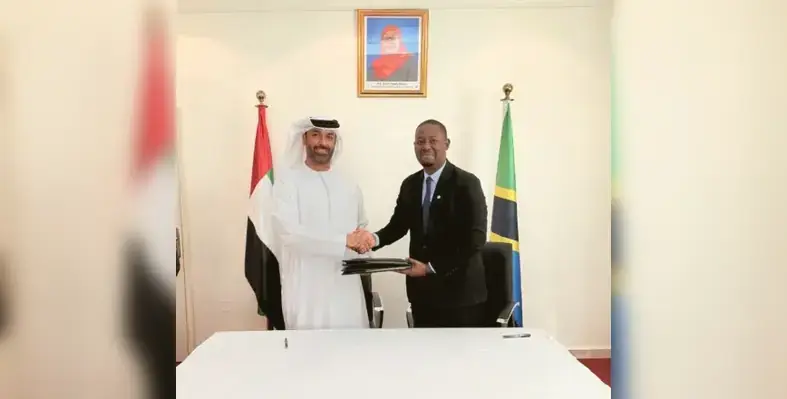
The launch marks a significant step in improving access to modern farm equipment for growers across the coastal region and nearby counties. (Image credit: Capital Business)
CFAO Kenya has expanded its presence in the country’s agricultural sector with the opening of a new Case IH machinery showroom at Mnazi Mmoja in Mombasa.
The launch marks a significant step in improving access to modern farm equipment for growers across the coastal region and nearby counties.
The facility was officially opened during a ceremony attended by senior representatives from CNH Industrial, CFAO Kenya and officials from Mombasa County. The investment reflects growing confidence in Kenya’s farming potential and the rising demand for reliable mechanisation.
Vincent DeLassange, Vice President of CNH Middle East and Africa, said, “We are keen to build partnerships with Kenyan farmers and support the country’s agricultural transformation. We do this through world-class technology, and continuous technical support,” he said.
CFAO Group Chairman and Country Delegate Ambassador Dennis Awori said,“CFAO Group’s investment in this world-class facility demonstrates our long-term commitment to supporting Kenya’s farmers with the technology and services they need to compete globally. We believe that agricultural mechanisation is fundamental to achieving food security, creating employment, and driving rural prosperity across this nation.”
Mombasa Deputy Governor Francis Thoya welcomed the development, noting its potential to create employment and strengthen food production in the county. “This is a testament of our unwavering resolve to ensure that key partnerships prioritise our local farmers. The county’s commitment to backing private investments that boost farm productivity and create jobs in adequate food security, as well as yield improvement is on the rise. We thank CFAO Kenya for their solid investment in the sector,” he said.
The new showroom offers a broad selection of Case IH tractors ranging from 55 to 700 horsepower. Smaller scale farmers can access the compact JXT series designed for orchards, greenhouses and modest plots. Row crop growers are catered for through the FARMALL JXM and JX Straddle models, which feature improved transmission and hydraulic performance.
Larger commercial operations are supported by the Maxxum and Puma ranges, built for demanding field work and heavier lifting requirements. All models are fitted with fuel efficient engines, safety features and backed by trained technicians. Fuel tank capacity varies by model, ranging from 60 to 395 litres.
Beyond tractors, the outlet also supplies ploughs, disc harrows, boom sprayers and planters compatible with Case IH equipment. The new centre is expected to make it easier for farmers in the coastal belt to access machinery, spare parts and maintenance services, strengthening agricultural productivity in the region.







